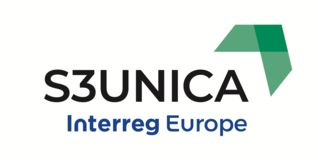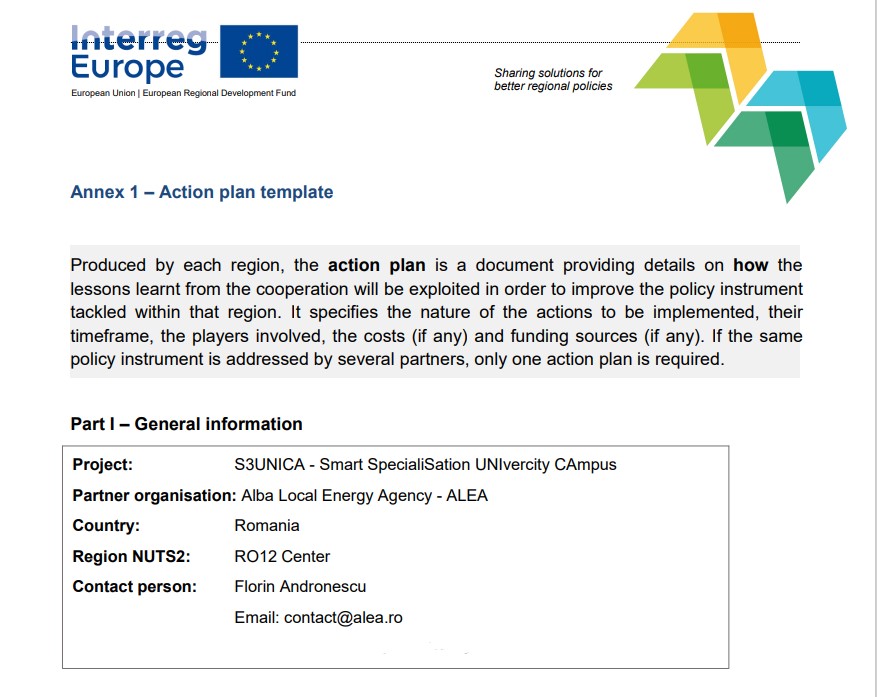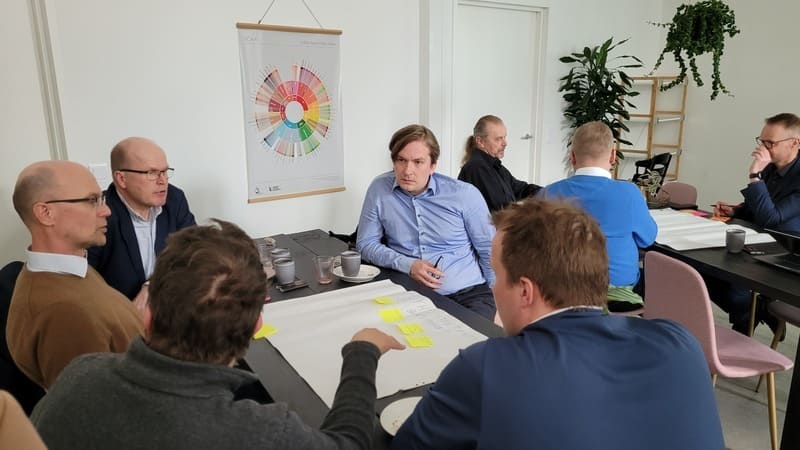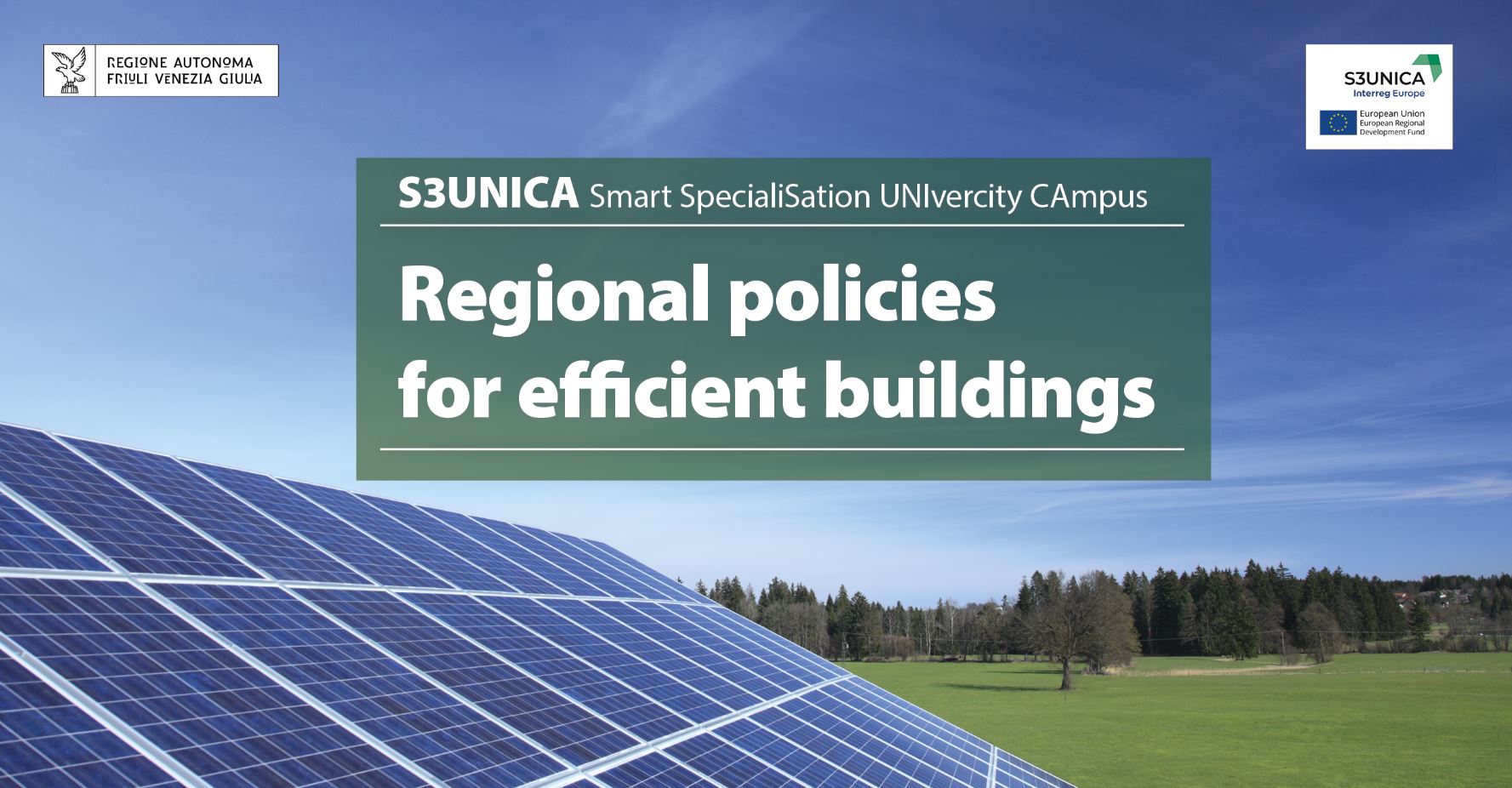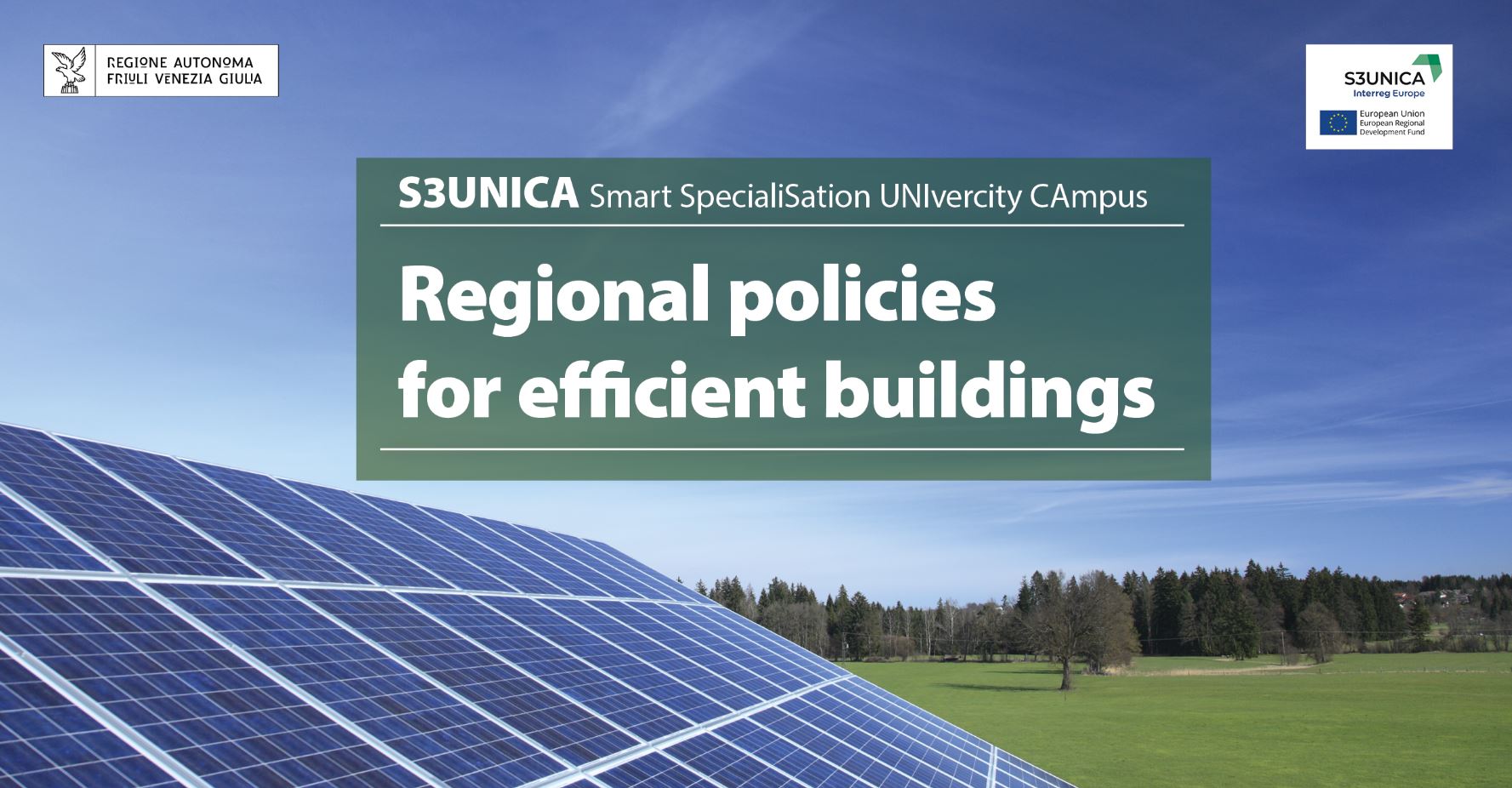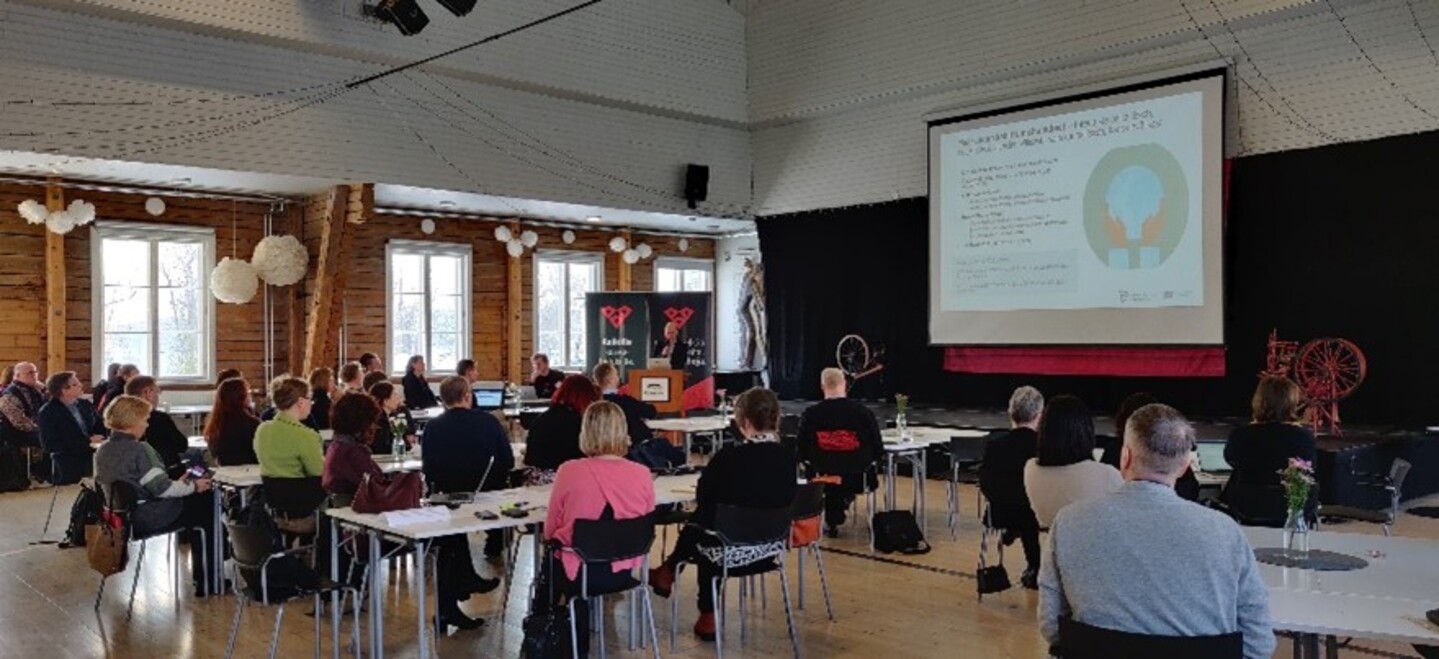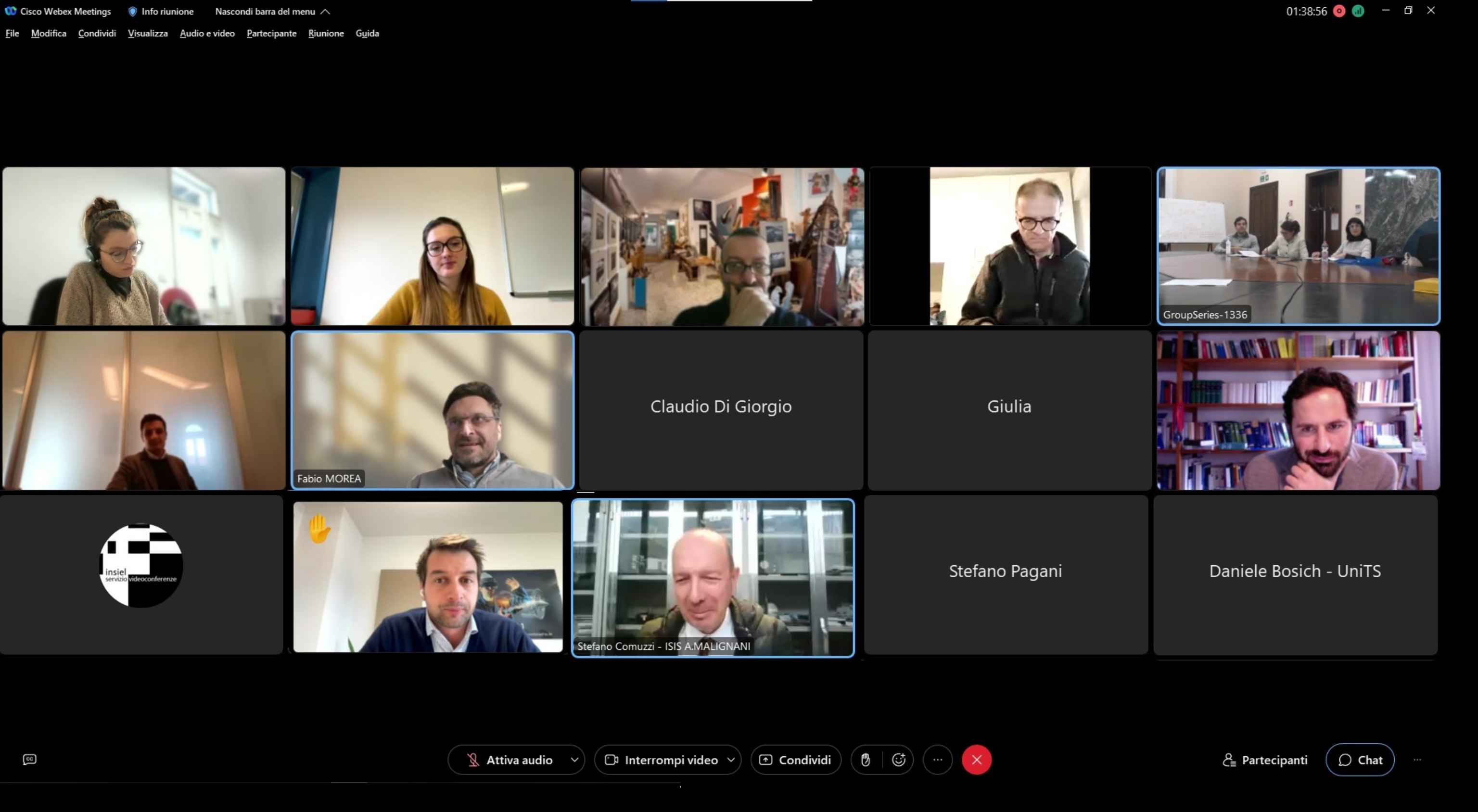I. Involvement of universities in the data collection for the needs of the SECAP until 2030
II. Establishment of permanent structure facilitating collaboration between the city and local universities
III. Engaging students in research, surveys and further activities providing input for the upgraded/adapted Sustainable Energy Action Plan until 2030 and supporting its elaboration based on realistic and bottom-up
Partners: Association of Municipalities Polish Network "Energie Cités"
The Action Plan developed by Project Partner 9 aims to influence the Sustainable Energy and Climate Action Plan (SECAP) of the City of Bielsko-Biała, in Voivodship Małopolskie. This policy instrument comes from the membership of Bielsko-Biała to the Covenant of Mayors in 2009. In this occasion, the city drew up a Sustainable Energy Action Plan until 2020 where, besides providing a general vision of sustainable development and a detailed baseline emissions inventory, it engages in reducing GHG emissions by 20% during the decade. Bielsko-Biała is now preparing a document which renews its engagement until 2030 with a 40% reduction with respect to baseline levels. This new target comes with the need for new data, not only from municipalities but also from other institutions and notably universities. These are identified as actors which can meaningfully influence the city energy context, besides being significant consumers themselves.
Enhancing data collection and analysis as well as building more profitable partnerships with universities are the main objectives of PP9 Action Plan. To accomplish these goals, three actions are planned.
Action 1
The first Action consists of involving universities in the data collection for the needs of the SECAP until 2030.
S3UNICA experience showed how closer collaborations between different authorities benefit the whole regional community. Despite several partnerships are already in place in the region of Bielsko-Biała, collaboration with universities can be substantially improved. To do so, PP9 intends to utilise the Self-Assessment Tool of S3UNICA.
The data the city engages to collect are:
- universities’ past investments and actions aiming at energy consumption reduction;
- universities planned investments and actions aiming at energy consumption reduction;
- universities’ past and present educational activities aiming to raise energy awareness and knowledge of the students;
- universities’ planned educational activities aiming to raise energy awareness and knowledge of the students.
Collecting and analysing these data will serve to enhance the SECAP 2030 notably by including consumption data in the monitoring baseline inventory providing a better vision of the city energy context and by including data on energy-saving and emissions reduction in the planned actions’ description. Doing this, PP9 takes inspiration from the LUT University Data Platform.
Action 2
The second Action consists of establishing permanent structure facilitating collaboration between the city and local universities, and it is aimed at affecting the Policy Instrument by an upgraded implementation, monitoring, and updating of the SECAP 2030. This will be made by municipalities and universities working together in a permanent Advisory Board.
To realise this Action, the Advisory Board will act as a body providing data and inputs, participation in common initiatives technological solutions and insights, and it will focus on supporting targets achievement on local energy and climate policies. The Advisory Board will be listed as a SECAP 2030 stakeholder which writes comments and recommendations. The process includes half-year meetings and discussions among the parties.
This model has been conceived considering both the long-term effective Andalusian cooperation experiences between local authorities and universities and the South Karelia Greenreality Network.
Action 3
The last Action is about engaging students in research, surveys and further activities providing input for the upgraded/adapted Sustainable Energy Action Plan until 2030 and supporting its elaboration based on realistic and bottom-up data.
The Action is inspired by the lesson learned from the Campus of international Experience of the University of Malaga and the University of Sevilla, where students’ participation and involvement in research has been encouraged taking benefits from the potential of participatory models.
To realise the Action, students will be involved in studying a list of data and analyses selected by the municipality of Bielsko-Biała to complete the SECAP 2030. Students will discuss topics and needs with their institutions and carry out activities of research, surveys and data analyses. Results and recommendations will be integrated into the SECAP 2030. Besides the contribution given to the policy instrument, the Action will also benefit students with a practical experience which might facilitate their access to labour market.
